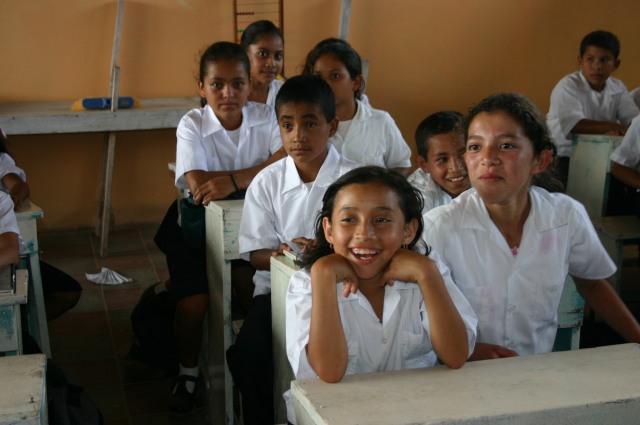Trade In Honduras
The economy has continued to grow slowly, but the distribution of wealth remains very polarized with average wages remaining low. Economic growth in the last few years has averaged 7% a year, one of the highest rates in Latin America, but 50% of the population, approximately 3.7 million people, still remains below the poverty line, according to the World Bank. It is estimated that there are more than 1.2 million people who are unemployed, the rate of unemployment standing at 27.9%. According to the Human Development Index, Honduras is the sixth poorest/least developed country in Latin America, after Haiti, Nicaragua, Guatemala, Guyana, and Bolivia. Honduras was declared one of the heavily indebted poor countries by the World Bank and the International Monetary Fund, and was made eligible for debt relief in 2005. Honduras has extensive forest, marine, and mineral resources, although widespread slash and burn agricultural methods continue to destroy Honduran forests. The Honduran maquiladora sector, the third-largest in the world, continued its strong performance in 2000, providing employment to over 120,000 and generating more than $528 million in foreign exchange for the country. However, a lot of this manufacturing was gutted once, the financial crises hit the Honduran economy. Also according to CEPR (Center for Economic Policy and Research), Honduras’ maquila sector was also having trouble in recent years competing with Asian producers, where wages are much lower. As a result, the maquila share of exports has fallen significantly in recent years, and Honduras has been unable to move up the value-added chain of economic development.
The lacking of economic prospects in Honduras is compounded by Honduras’s poor record of political instability. The chronic instability was brought under control, by the end of the 1980s. However, this relative period of calm was upended, when a coup overthrew the democratically elected President Rosales on June 28, 2009. As a result, the current instability is worsening the country’s economic downturn and also preventing Honduras from adopting measures needed to counteract the effect of the global recession on the economy. For example, Jesus Canahuati, vice president of the nation’s chapter of the Business Council of Latin America, estimates that the curfew imposed by the de facto regime cost the economy $50 million per day. According to the UN, the population of Honduras was 8,249,574 in 2010. While the IMF measured the Honduran economy’s GDP at approximately $16 billion and the GDP per capita at $2015. In fact, the consumer market of Honduras is so small that it is considered only 0.0328% of the global consumer market, according to the UN Statistics Division that measures Household final consumption expenditure (HFCE) which represents consumer spending in nominal terms.
Overall, as noted above, Honduras is, by all standards, a poor country. As the CEPR pointed out, the production structure is no longer centered on a few agricultural crops or mineral extraction, exports have grown, and foreign multinationals are now located in various areas within the national territory. Export processing activities provide numerous employment opportunities and, along with foreign remittances from Hondurans living abroad, generate considerable amounts of much-needed foreign exchange. And yet, in 2007, Honduras occupied position number 112 of 182 countries in the Human Development rankings published by the United Nations Development Program. So there are clearly some major hurdles to doing trade in Honduras.
